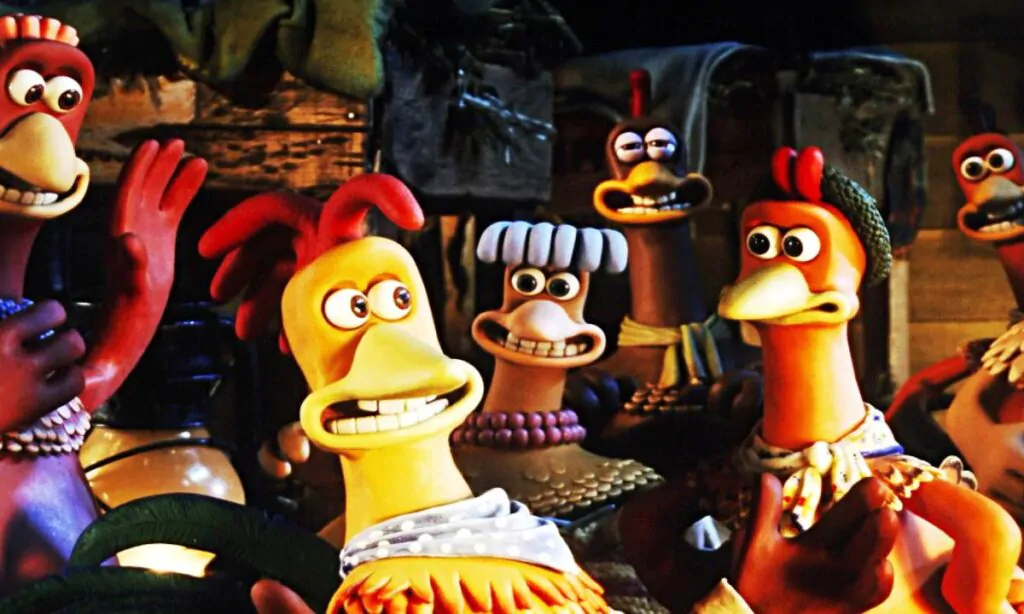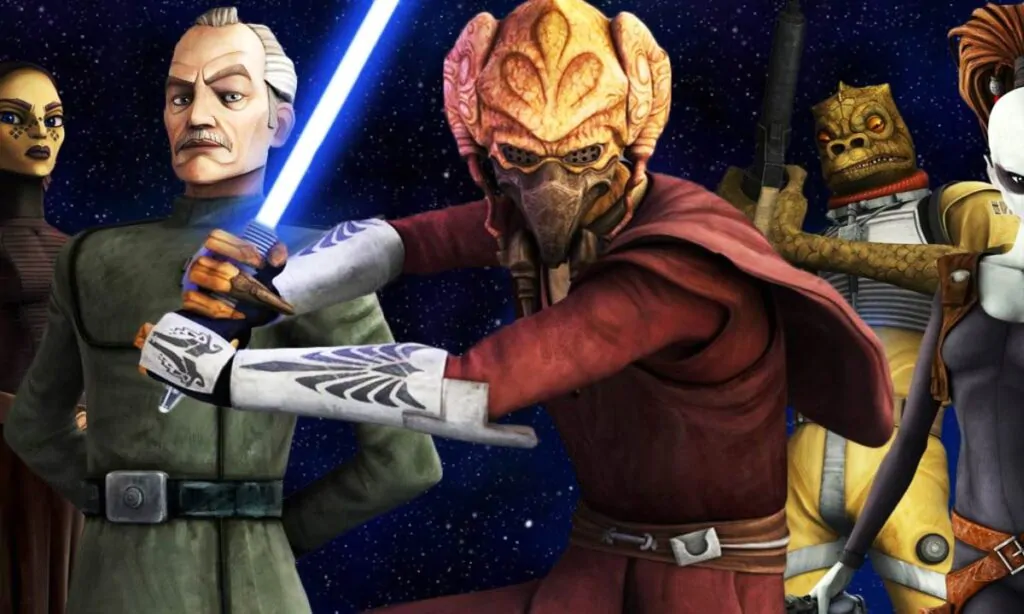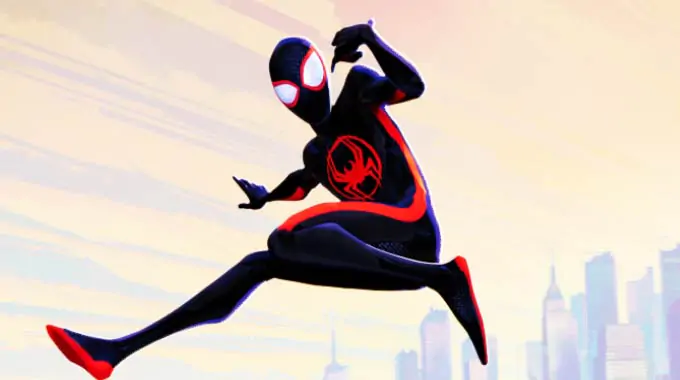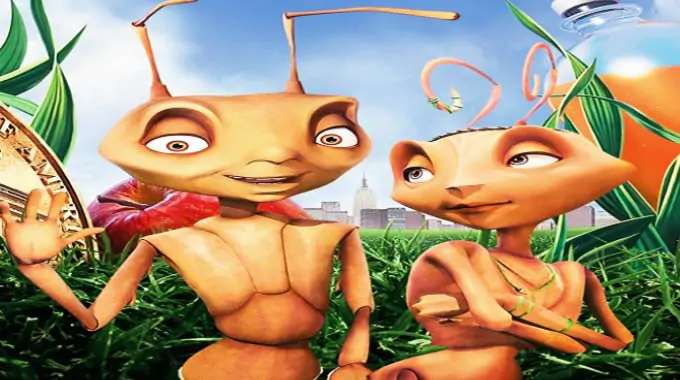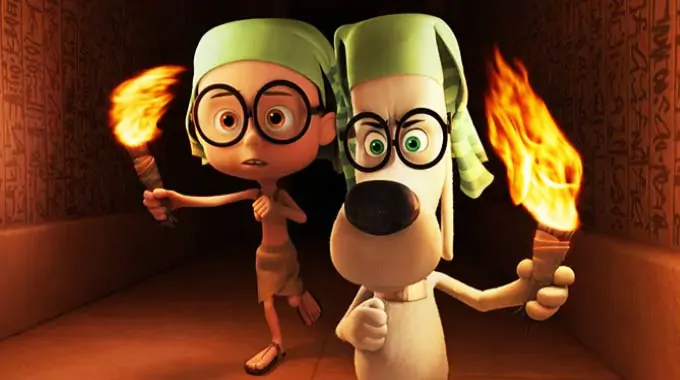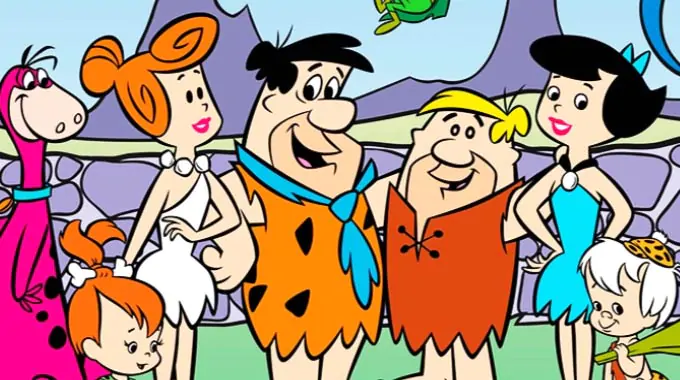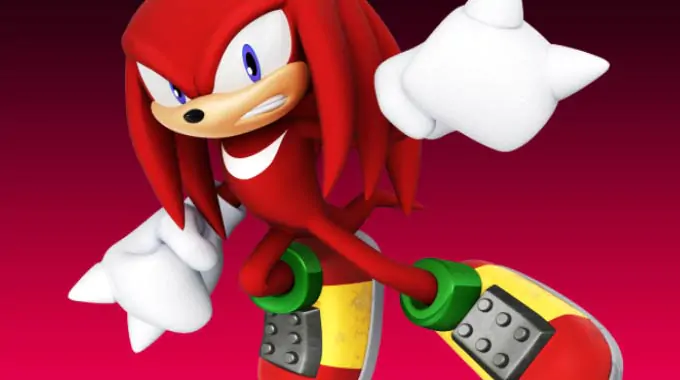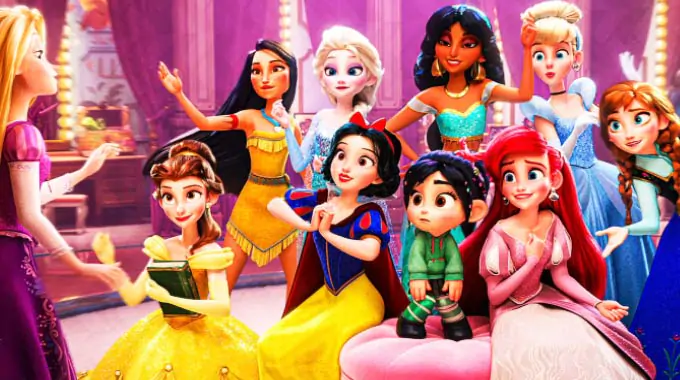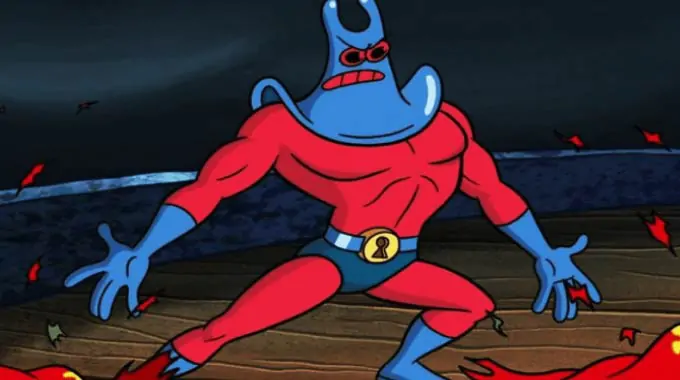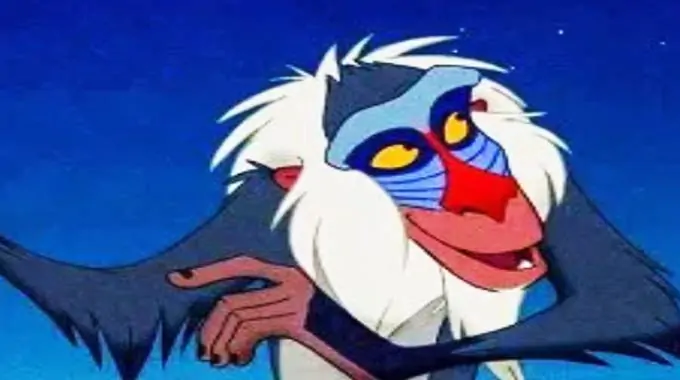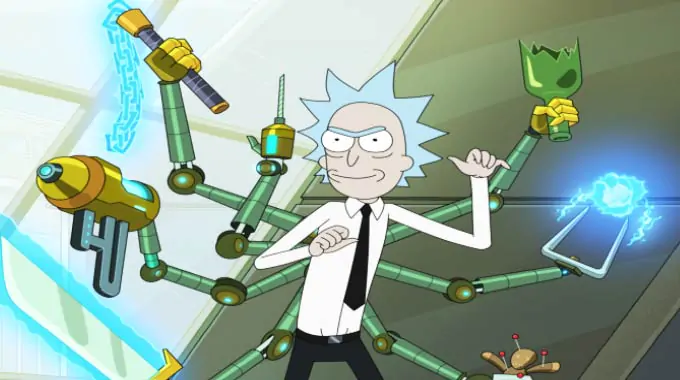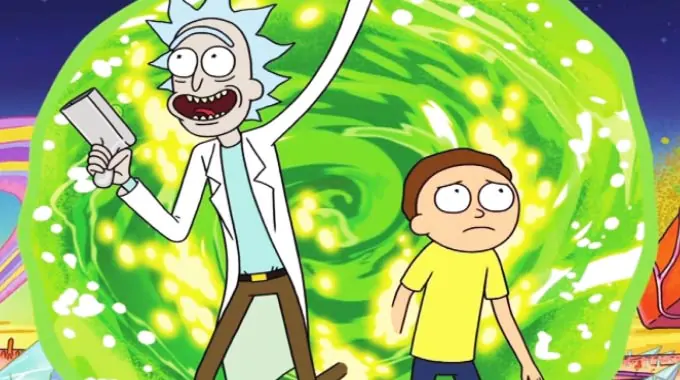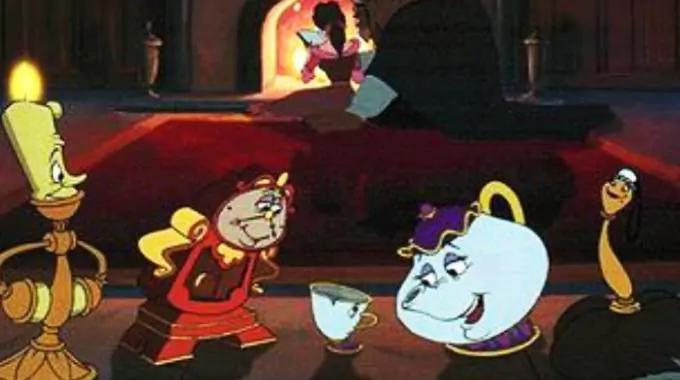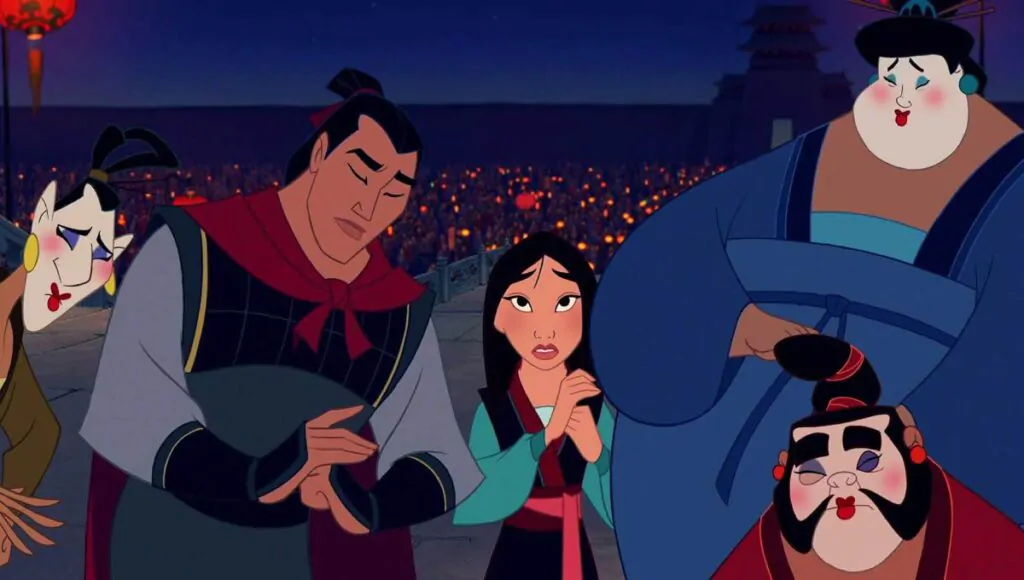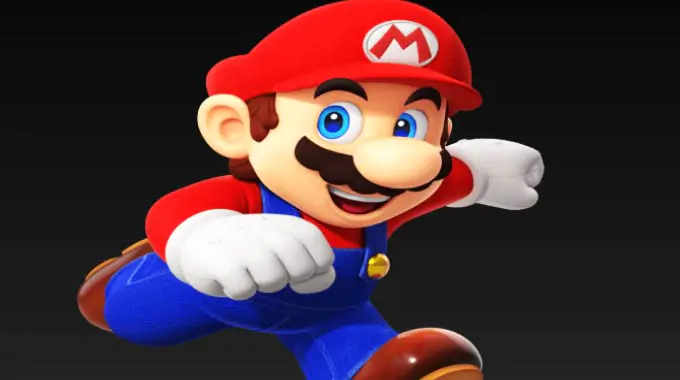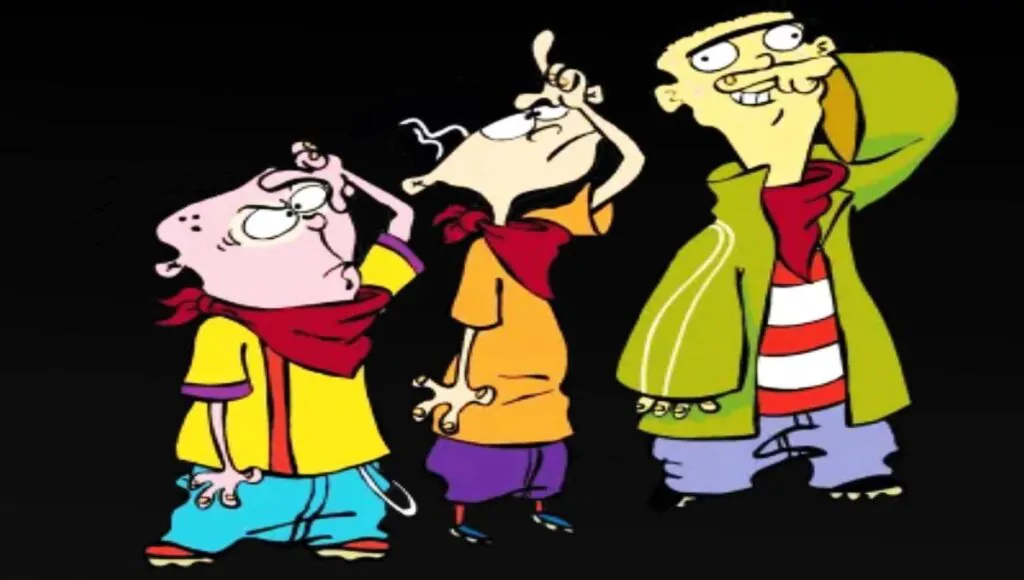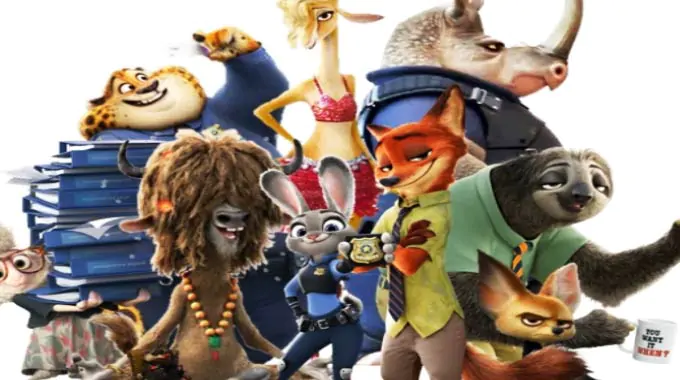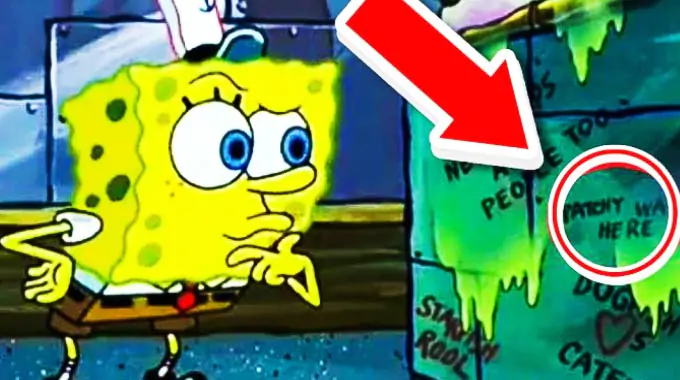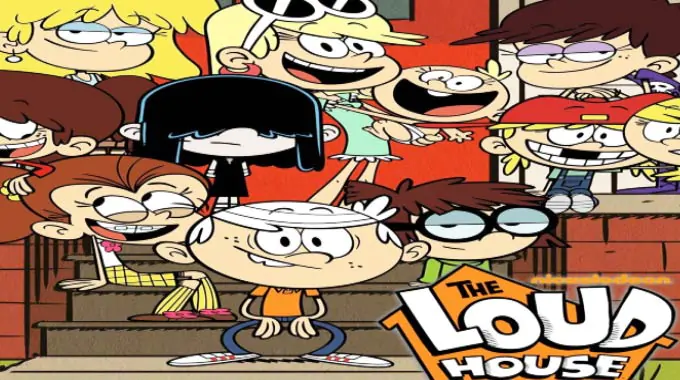List of Disney Mulan Facts:-
Disney’s Mulan is a 1998 American animated musical film based on the Chinese legend of Hua Mulan.
The film was produced by Walt Disney Feature Animation and directed by Tony Bancroft and Barry Cook.
It is the 36th animated feature film in the Walt Disney Animated Classics series.
The film’s voice cast includes Ming-Na Wen as Mulan, Eddie Murphy as Mushu, B.D. Wong as Shang, and Pat Morita as the Emperor of China.
Mulan is the first Disney Princess who is not actually a princess but a warrior.
The film’s release was delayed in China due to political tensions between China and the United States.
The film’s soundtrack was composed by Jerry Goldsmith, and the songs were written by Matthew Wilder and David Zippel.
The film’s most popular song is “Reflection”, which was sung by Mulan’s character in the movie and was later covered by Christina Aguilera.
The film was a commercial and critical success, grossing over $304 million worldwide and receiving Golden Globe and Academy Award nominations.
The film was released during the Disney Renaissance, which was a period of success for Disney’s animated films in the 1990s.
The film was originally going to be a straight-to-video release, but after Disney executives saw an early version of the film, they decided to release it theatrically.
Mulan was the first Disney animated film to be primarily produced at the Disney-MGM Studios animation facility in Florida.
The film’s production budget was $90 million, making it the most expensive animated film produced at the time.
The film’s animators spent three weeks in China doing research for the film, including visiting the Great Wall of China.
The film’s opening sequence was inspired by the traditional Chinese art form of shadow puppetry.
The film’s villain, Shan Yu, was based on the real-life Mongol warrior Genghis Khan.
Mulan was the first Disney animated film to feature computer-generated imagery (CGI) extensively.
The film’s release in China was accompanied by controversy over the portrayal of Chinese culture and history in the film.
The film was dubbed into Mandarin for its release in China, with Jackie Chan voicing the character of Captain Li Shang.
The film’s success led to a direct-to-video sequel, Mulan II, which was released in 2004.
The film’s plot was based on a Chinese legend dating back to the Northern Wei Dynasty (386–534).
Mulan is the only Disney Princess who does not end up with a romantic partner at the end of the film.
The film was adapted into a stage musical in 1998, which premiered at the Goodspeed Opera House in Connecticut.
The film’s director, Tony Bancroft, also directed the animated film The Lion King 1½.
Mulan was the first Disney animated film to be released on DVD.
The film’s release in Hong Kong was delayed due to the outbreak of the H5N1 bird flu virus in the region.
The film’s release in Japan was accompanied by controversy over the casting of popular Japanese actress Yoko Ishino as the voice of Mulan.
Mulan was the first Disney animated film to be given a G rating by the Motion Picture Association of America (MPAA).
The film’s end credits feature the song “True to Your Heart” by 98 Degrees and Stevie Wonder.
Mulan’s character has been featured in various Disney theme park attractions, including the Mulan Parade at Disney’s Hollywood
Mulan is the film’s protagonist and a young woman who disguises herself as a man to join the army in place of her father.
Mushu is a small, red dragon and Mulan’s closest companion throughout the film. He serves as a guardian spirit and a comic relief character.
Li Shang is the captain of the Chinese army and Mulan’s love interest. He is tough, strict, and initially dismissive of Mulan’s abilities.
Fa Zhou is Mulan’s father, a retired soldier who is too old and injured to fight. He is strict but caring and deeply proud of his daughter.
Fa Li is Mulan’s mother, a traditional Chinese housewife who is supportive of her daughter but concerned about her unconventional behavior.
Grandmother Fa is Mulan’s grandmother and a source of comic relief in the film. She is eccentric, outspoken, and proud of Mulan’s achievements.
The Emperor of China is a wise and powerful ruler who enlists the help of the Chinese army to defend his kingdom against the invading Huns.
Shan Yu is the primary antagonist of the film and the leader of the Hun army. He is ruthless, cunning, and driven by a desire to conquer China.
Yao, Ling, and Chien-Po are three soldiers in the Chinese army who become Mulan’s closest friends and allies. They are initially skeptical of her abilities but come to respect her as a warrior.
Chi-Fu is the Emperor’s advisor and a bureaucratic functionary who is dismissive of Mulan’s potential.
General Li is Li Shang’s father and a revered military leader in China. He disapproves of his son’s decision to train new recruits and wants him to focus on winning the war.
Hayabusa is Shan Yu’s pet falcon, who serves as his eyes and ears in battle.
Little Brother is Mulan’s pet dog, who stays behind when Mulan joins the army but later helps her and her friends defeat the Huns.
The Matchmaker is a strict and traditional Chinese woman who arranges marriages for young women in the community.
The Ancestors are the spirits of Mulan’s ancestors, who watch over her and provide guidance and protection.
The Great Stone Dragon is a statue that serves as Mulan’s protector and guardian spirit. Mushu accidentally destroys it early in the film, setting off a series of misfortunes.
Khan is Li Shang’s horse and a loyal companion in battle.
The Hun Archers are a group of skilled archers in Shan Yu’s army who are sent to ambush the Chinese army.
The Hun Soldiers are Shan Yu’s foot soldiers and the primary force in his army.
The Imperial Scouts are soldiers tasked with monitoring the Huns’ movements and providing intelligence to the Chinese army.
The Village Matchmaker is the matchmaker’s assistant and a minor character in the film.
The Emperor’s Guards are the elite soldiers tasked with protecting the Emperor.
The Chinese Soldiers are the foot soldiers in the Chinese army who are tasked with defending their kingdom against the Huns.
The Palace Attendants are the servants and attendants who work in the Emperor’s palace.
The Hun Leader is a minor character who appears briefly in the film.
The Hun Army is the main antagonistic force in the film, led by Shan Yu.
The Chinese Army is the primary force defending China against the Hun invasion.
The Imperial Council is a group of advisors who work with the Emperor to make important decisions about the kingdom.
Mulan’s given name is Hua Mulan, with Hua being her family name.
Mushu was originally intended to be a more serious and menacing character, but was later reworked into a comedic sidekick.
Li Shang was modeled after actor Takeshi Kaneshiro.
Fa Zhou’s voice actor, Soon-Tek Oh, was a South Korean-born American actor known for his roles in films such as “The Man with the Golden Gun” and “Missing in Action 2”.
Grandmother Fa was voiced by June Foray, a legendary voice actress known for her work in many classic animated films.
The Emperor of China was voiced by Pat Morita, who was also known for his role as Mr. Miyagi in “The Karate Kid” films.
Shan Yu was voiced by actor Miguel Ferrer, who was also known for his roles in films such as “RoboCop” and “Iron Man 3”.
Yao was voiced by Harvey Fierstein, a Tony Award-winning actor and playwright.
Ling was voiced by Gedde Watanabe, who was also known for his role as Long Duk Dong in “Sixteen Candles”.
Chien-Po was voiced by Jerry Tondo, who has appeared in many films and TV shows, including “The Shield” and “Bones”.
Chi-Fu was voiced by James Hong, a prolific character actor who has appeared in over 500 films and TV shows.
General Li was voiced by James Shigeta, a Japanese American actor known for his roles in films such as “Flower Drum Song” and “Die Hard”.
Hayabusa was named after a Japanese word meaning “peregrine falcon”.
Little Brother was originally going to be a horse, but was later changed to a dog to make him more relatable to the audience.
The Matchmaker’s actress, Miriam Margolyes, is known for her roles in films such as “Harry Potter and the Chamber of Secrets” and “The Age of Innocence”.
The Ancestors were voiced by a group of veteran Asian American actors, including George Takei, Soon-Tek Oh, and James Hong.
The Great Stone Dragon was originally intended to be a major character in the film, but was later changed to a minor one.
Khan was modeled after a breed of horse called the Akhal-Teke, known for their endurance and speed.
The Hun Archers were modeled after the famous Terracotta Army, a collection of terracotta sculptures depicting the armies of Qin Shi Huang, the first Emperor of China.
The Imperial Scouts were inspired by the historical figure of Xiang Yu, a famous general who used guerrilla tactics to defeat larger armies.
The Village Matchmaker’s actress, Miriam Margolyes, also provided the voice for the character of Fly in the film.
The Emperor’s Guards were modeled after the famous Terracotta Warriors, another collection of terracotta sculptures depicting the armies of Qin Shi Huang.
The Hun Leader was originally intended to be a more prominent character, but was later cut from the film.
The Hun Army was inspired by the historical figure of Attila the Hun, a feared warrior and conqueror who led his people on raids across Europe and Asia.
The Chinese Army was modeled after the Ming Dynasty army, known for their use of gunpowder and other advanced technologies.
The film’s composer, Jerry Goldsmith, won an Academy Award for his work on the film’s score.
The character of Mulan was inspired by a legendary Chinese warrior named Hua Mulan.
The film’s depiction of the Emperor’s palace was based on the Forbidden City in Beijing, China.
The character of Shan Yu was inspired by Genghis Khan, the founder of the Mongol Empire.
The character of Mulan was originally going to have a sister, but this was later cut from the film.
The character of Mushu was originally going to be voiced by Eddie Murphy, but the filmmakers ultimately chose to cast comedian and actor Eddie Murphy in the role.
The character of Ling was originally going to be named Ping, but this was changed to avoid confusion with Mulan’s male alter ego, Ping.
The character of Mulan’s father, Fa Zhou, was based on the historical figure of General Yue Fei, a famous military leader during the Song Dynasty.
The character of Grandmother Fa was based on the grandmother of one of the film’s directors, Barry Cook.
The character of the Matchmaker was based on a real-life occupation in ancient China.
The character of Li Shang was originally going to have a love interest named Mei, but this was later cut from the film.
The character of Mulan’s horse, Khan, was named after Genghis Khan.
The character of the Hun Army’s falcon, Hayabusa, was based on the real-life Japanese Peregrine Falcon.
The character of Chien-Po was originally going to be named Sumo, but this was changed to avoid cultural insensitivity.
The character of Yao was originally going to be voiced by actor Richard Pryor, but this was changed due to Pryor’s declining health.
The character of Mulan’s mother was originally going to have a larger role in the film, but this was later cut.
The character of Mushu was originally going to be a traditional Chinese dragon, but this was changed to make him more unique.
The character of Ling was originally going to be a more serious character, but was later reworked into a more lighthearted one.
The character of the Emperor of China was based on the real-life Emperor of China during the Northern Wei Dynasty.
The character of Mulan’s grandmother was based on the real-life Chinese grandmother of one of the film’s writers.
The character of Shan Yu’s pet falcon, Hayabusa, was named after a Japanese word meaning “peregrine falcon.”
The character of the Matchmaker’s assistant, Little Brother, was named after the real-life Chinese military strategist, Sun Tzu.
The character of Mulan’s friend, Ting-Ting, was originally going to be named Mei-Li, but this was changed to avoid confusion with Li Shang’s cut love interest.
The character of Mulan’s father, Fa Zhou, was originally going to die during the film, but this was later changed to make the film more family-friendly.
The character of Mushu was originally going to be a silent character, but this was changed to give him more personality.
The character of the Emperor of China was originally going to be a more minor character, but was later expanded to give the film more weight.
The character of Mulan’s love interest, Li Shang, was originally going to be named General Li, but this was changed to avoid confusion with Mulan’s father, Fa Zhou.
